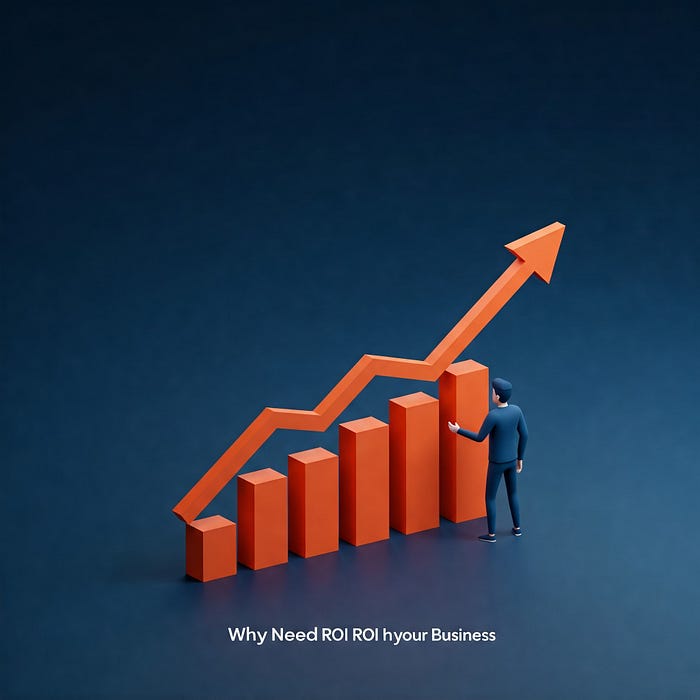- Get link
- X
- Other Apps

Let’s cut to the chase: if you’re not measuring Return on Investment (ROI), you’re essentially flying blind in today’s hyper-competitive business environment. ROI isn’t just a financial metric — it’s the ultimate barometer of your business’s health, efficiency, and scalability.
Here’s why ROI deserves a seat at the leadership table:
Strategic Decision-Making at Scale
ROI isn’t just about tracking dollars and cents; it’s about data-driven decision-making. When you know which initiatives deliver the highest returns, you can pivot resources toward high-impact areas. This is especially critical for scaling businesses, where every dollar counts.
Investor and Stakeholder Confidence
Investors and stakeholders don’t just want to hear about your vision — they want proof of performance. ROI is the universal language of credibility. It demonstrates that your business isn’t just generating revenue but is also efficiently converting investments into profits.
Marketing Optimization Beyond Vanity Metrics
Likes, clicks, and impressions are great, but they don’t pay the bills. ROI forces you to look beyond vanity metrics and focus on actionable outcomes. Whether it’s a PPC campaign, content strategy, or influencer partnership, ROI ensures your marketing efforts are aligned with bottom-line results.
Operational Efficiency and Resource Allocation
ROI isn’t limited to marketing or sales — it applies to every facet of your business. From technology investments to hiring decisions, understanding ROI helps you eliminate waste and allocate resources to initiatives that drive the highest returns.
Long-Term Sustainability and Competitive Edge
In a world where margins are shrinking and competition is fierce, ROI is your competitive advantage. It ensures that your business isn’t just growing but growing sustainably. By continuously optimizing ROI, you future-proof your business against market volatility and economic downturns.
Tips for Mastering ROI
Leverage Advanced Analytics: Tools like Tableau, Power BI, or Google Data Studio can help you visualize and track ROI across multiple channels.
Adopt a Holistic Approach: ROI isn’t just about financial returns. Consider customer lifetime value (CLV), employee productivity, and brand equity as part of your ROI equation.
Benchmark and Iterate: Regularly benchmark your ROI against industry standards and continuously refine your strategies.
- Get link
- X
- Other Apps
Comments
Post a Comment